UK Imposes Sanctions on Israeli Far-Right Ministers for Incitement and Violence Amid Escalating Middle East Tensions
- by Michael, London, RNG247
- about 7 months ago
- 109 views

The United Kingdom has taken a significant diplomatic step by imposing sanctions on two prominent Israeli far-right ministers, citing their repeated incitements to violence against Palestinians in the occupied West Bank. This marks a rare move by the UK against senior figures within Israel's government, highlighting mounting international concern over escalating violence and political extremism in the region.
In a detailed announcement on Tuesday, the UK Foreign Office revealed that both Itamar Ben-Gvir, the National Security Minister, and Bezalel Smotrich, the Finance Minister, are now subject to entry bans to the UK and will have their assets frozen within British jurisdiction. The sanctions are part of a broader coordinated effort alongside Australia, Norway, Canada, and New Zealand, reflecting a unified international stance condemning inflammatory rhetoric and aggressive actions that threaten regional stability.
The UK’s action comes amid a wave of condemnation from Palestinian advocates, human rights organizations, and allied nations, who argue that the Israeli ministers’ rhetoric and policies have significantly contributed to a deteriorating security situation in the West Bank. The Foreign Office pointed to ongoing violence by extremist Israeli settlers and the destabilizing effects on Palestinian communities as key reasons for the move. "As Palestinian communities in the West Bank continue to suffer from severe acts of violence by extremist Israeli settlers which also undermine a future Palestinian state, the UK has joined Australia, Canada, New Zealand and Norway in stepping up the international response," the statement read.
The Israeli government responded fiercely to the sanctions, with Foreign Minister Gideon Saar asserting that the cabinet would convene next week to formulate a response, which he termed an "unacceptable decision." Israeli officials and supporters argue that these measures unjustly target elected representatives and undermine diplomatic relations, with Saar describing the sanctions as an interference in Israel’s internal affairs.
Both Ben-Gvir and Smotrich are influential figures in Israel’s ultranationalist coalition and hold pivotal roles in shaping policies in the occupied territories. Smotrich, who leads the Religious Zionism party, has faced widespread criticism for his hardline stance against Palestinians, including opposition to permitting humanitarian aid into Gaza and calls for resettling Palestinians outside of their territory. During a recent speech inaugurating a new settlement in the West Bank, Smotrich expressed contempt for the UK’s decision, recalling Britain’s historical governance of Palestine and its restrictions on Jewish immigration during the pre-state period. "Britain has already tried once to prevent us from settling the cradle of our homeland, and we cannot do it again," Smotrich declared, vowing to continue settlement expansion despite international criticism.
The settlements, considered illegal under international law by most of the international community and supported by a 2022 International Court of Justice advisory opinion, have been a point of tension and source of violence in the region. Since the 1967 occupation, Israel has established approximately 160 settlements housing about 700,000 Jews in the West Bank and East Jerusalem, fueling longstanding disputes over land rights and sovereignty.
The UK government’s decision is also rooted in recent alarming statistics. Foreign Office Minister Hamish Falconer highlighted that 2024 has seen the "worst settler violence" in the West Bank in over two decades, with a worrying trend continuing into this year. Falconer emphasized that the sanctions target individuals responsible for inciting violence that has led to Palestinian casualties and the displacement of entire communities. "Smotrich and Ben-Gvir had continued their appalling rhetoric despite warnings from the UK government, and so action has been taken," he stated.
This diplomatic move builds on a broader pattern of international pressure. Last month, leaders from Britain, France, and Canada jointly issued a statement suggesting Israel risked breaching international law amid ongoing military operations in Gaza. The UK also suspended certain trade negotiations with Israel, reflecting a hardening of stance and a desire to influence policy direction. British parliamentarians have increasingly voiced concern; Labour’s David Lammy condemned Smotrich’s remarks about "cleansing" Gaza of Palestinians as "monstrous" and a form of dangerous extremism.
The UK’s sanctions come amid a protracted conflict initiated by the October 2023 Hamas-led attack on Israel, which resulted in approximately 1,200 deaths and numerous hostage abductions. Since then, Gaza has faced relentless military action, with over 54,000 casualties documented by Hamas-aligned health authorities. The situation continues to spiral rapidly, with international diplomatic efforts striving to broker a ceasefire and address humanitarian needs.
The Israeli government expressed outrage at the sanctions, with Foreign Minister Saar asserting that the UK’s decision undermines ongoing efforts for peace and stability. Israel’s settlement policies and handling of Palestinian protests have become increasingly contentious, with critics accusing the government of exacerbating tensions and provoking unrest.
The move by the UK signals a decisive stance in a complex and volatile conflict, emphasizing accountability for incitement and violence, while acknowledging the sensitive balance between diplomacy, security, and human rights in a region embroiled in decades of conflict.




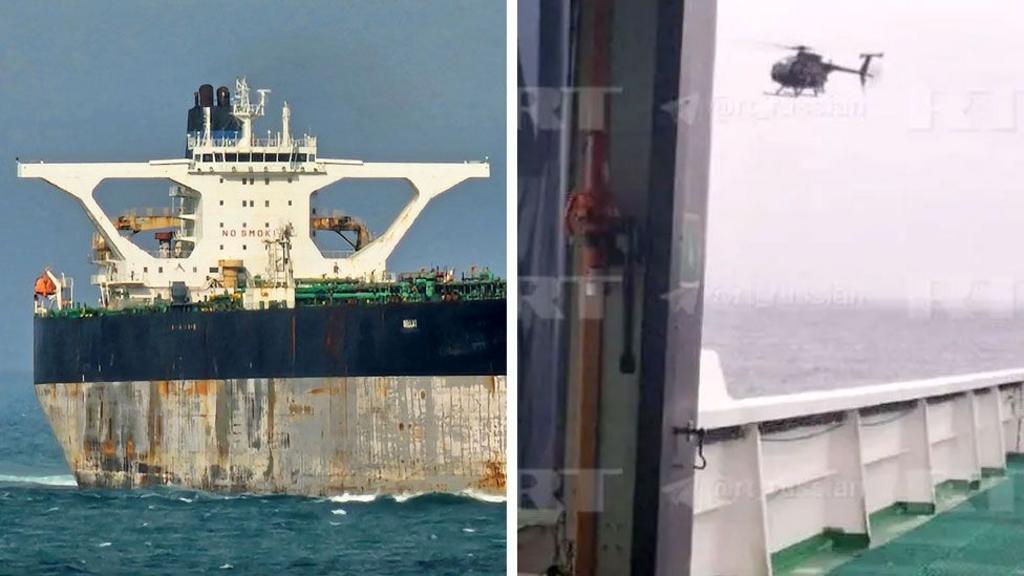
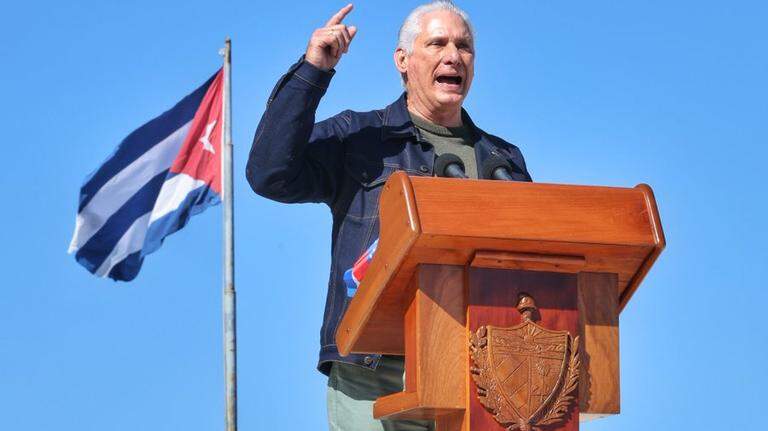
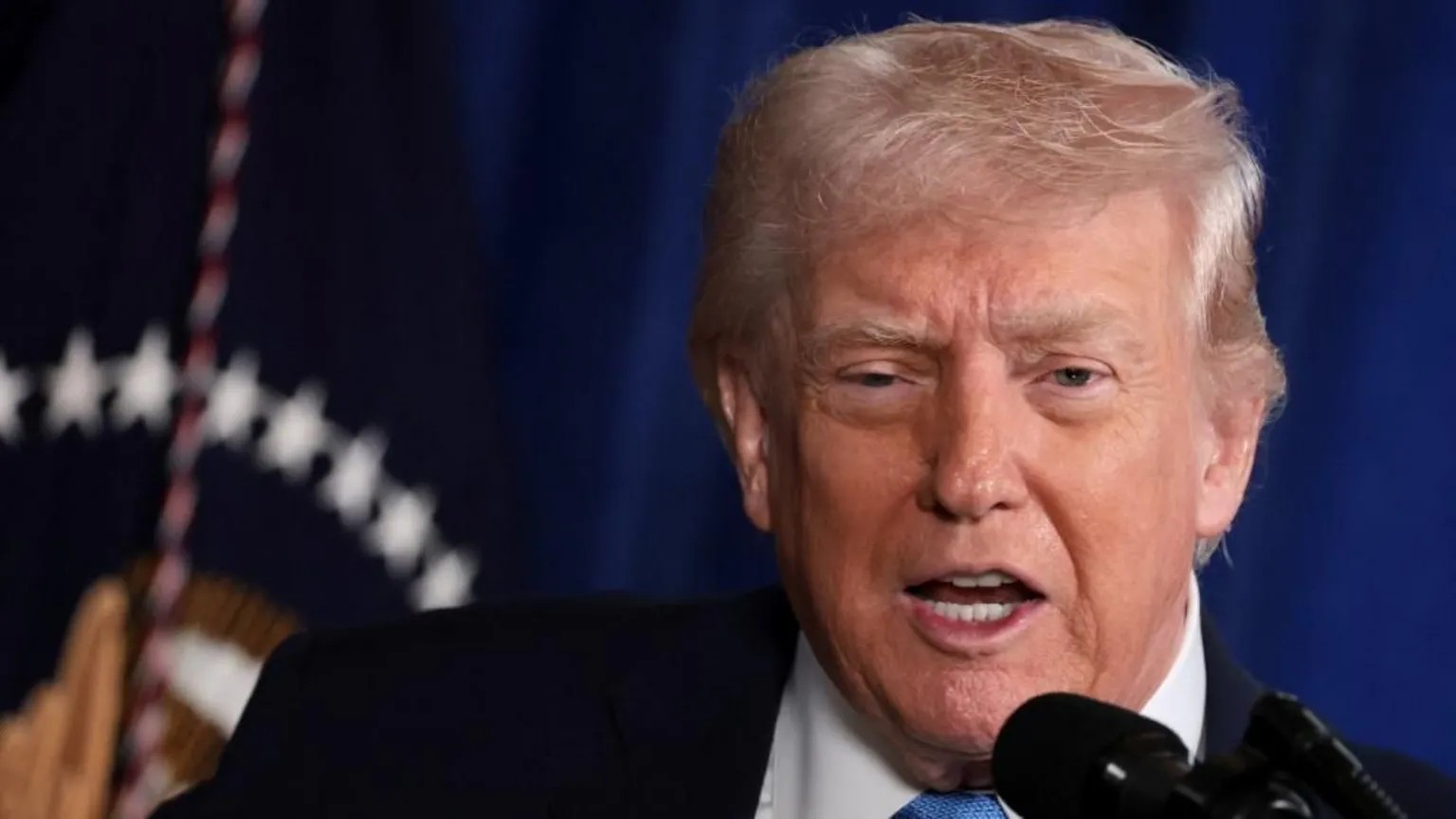
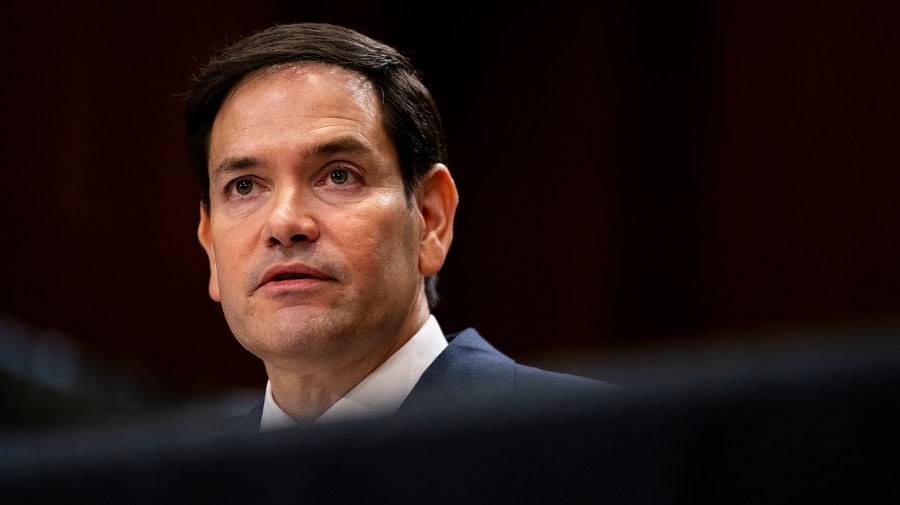
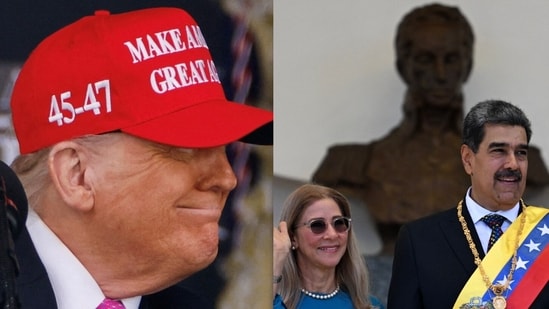

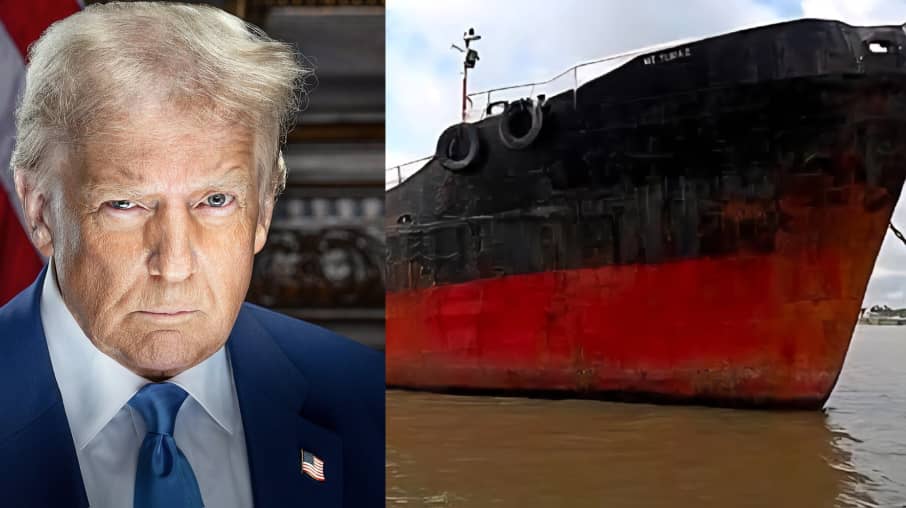



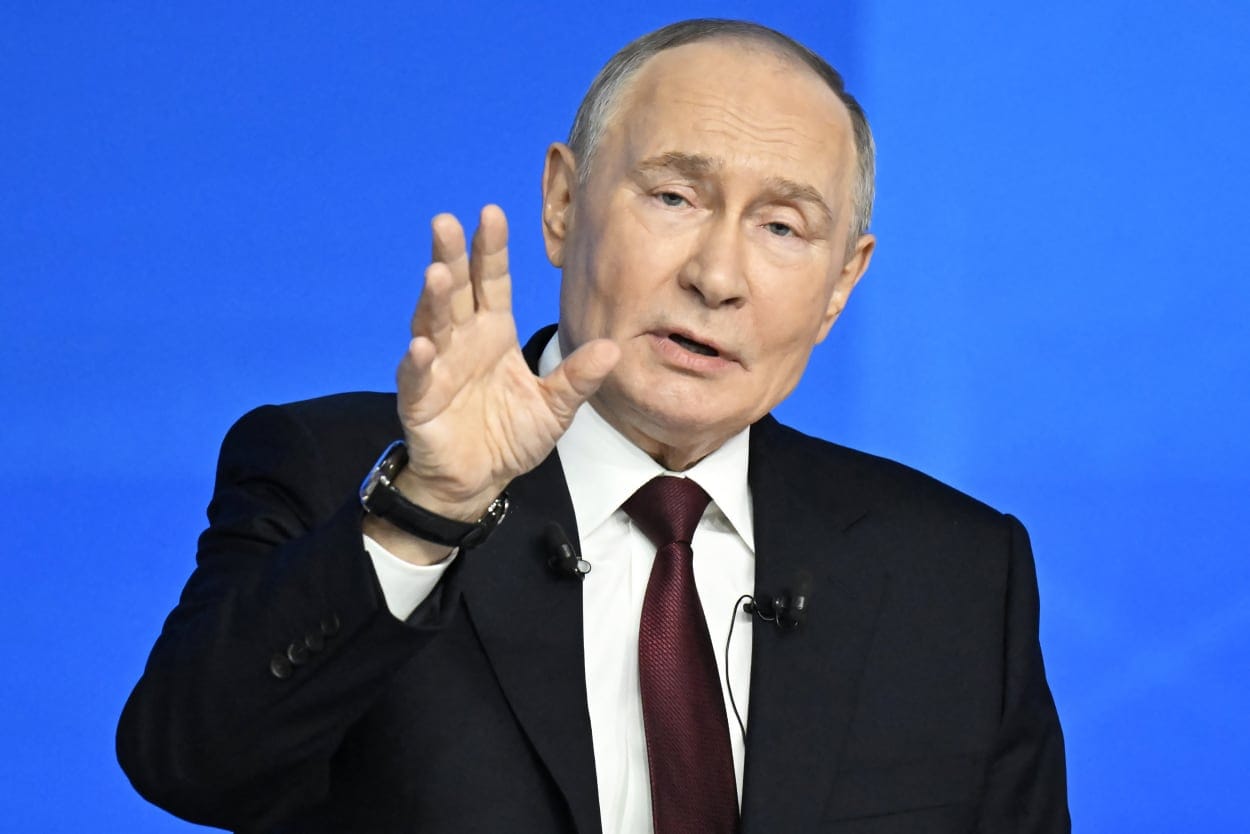

0 Comment(s)